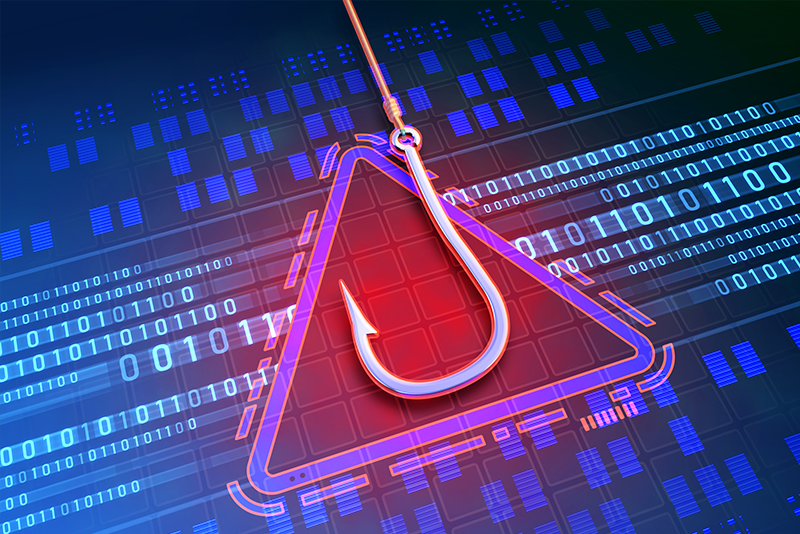
We typically use email to get in touch with our customers about their PayPal and Venmo accounts. However, we know scammers often use email as a way to compromise your account. The information below can help you make sure it’s really us reaching out versus an individual trying to gain access to your account.
Here are some of the signs to help you spot a fake PayPal email:
- A generic greeting, like "Dear user" or "Hello, PayPal member." We’ll never send an email with a generic greeting. We’ll always greet customers with their first and last name or the business name on their PayPal account.
- A request for financial information, or other personal information Never share your bank account number, debit, or credit card number. We’ll never ask for those details via email.
- A request for account details. If someone asks a customer for their full name, account password, or answer to security questions via email, be confident that it’s not a request from us. We’ll never ask for details like that via email.
- A prompt to provide the tracking number of a dispatched item before receipt of payment.We’ll never ask for this information before a customer has received payment for the dispatched item.
- An invitation to update computer software. If an email includes a software update install, it’s not us. We’ll never ask you to install anything onto your computer.
The safety and security of PayPal users is always our top priority. We know our customers’ trust is valuable, so we want them to have the information needed to determine if it’s us reaching out. When reviewing an email that seems like it’s from us, we encourage customers to keep in mind the above signs.
If there are any red flags, we urge customers to protect themselves, and others, by forwarding suspicious emails to spoof@paypal.com, where our security experts can determine if it's a fake and get the source of the email shut down, if needed.
If customers think their account has been compromised, we suggest they change their account information (passwords, PINs, security questions) and contact us and their financial institutions immediately.